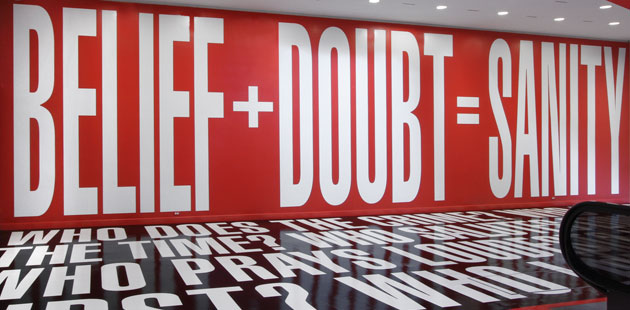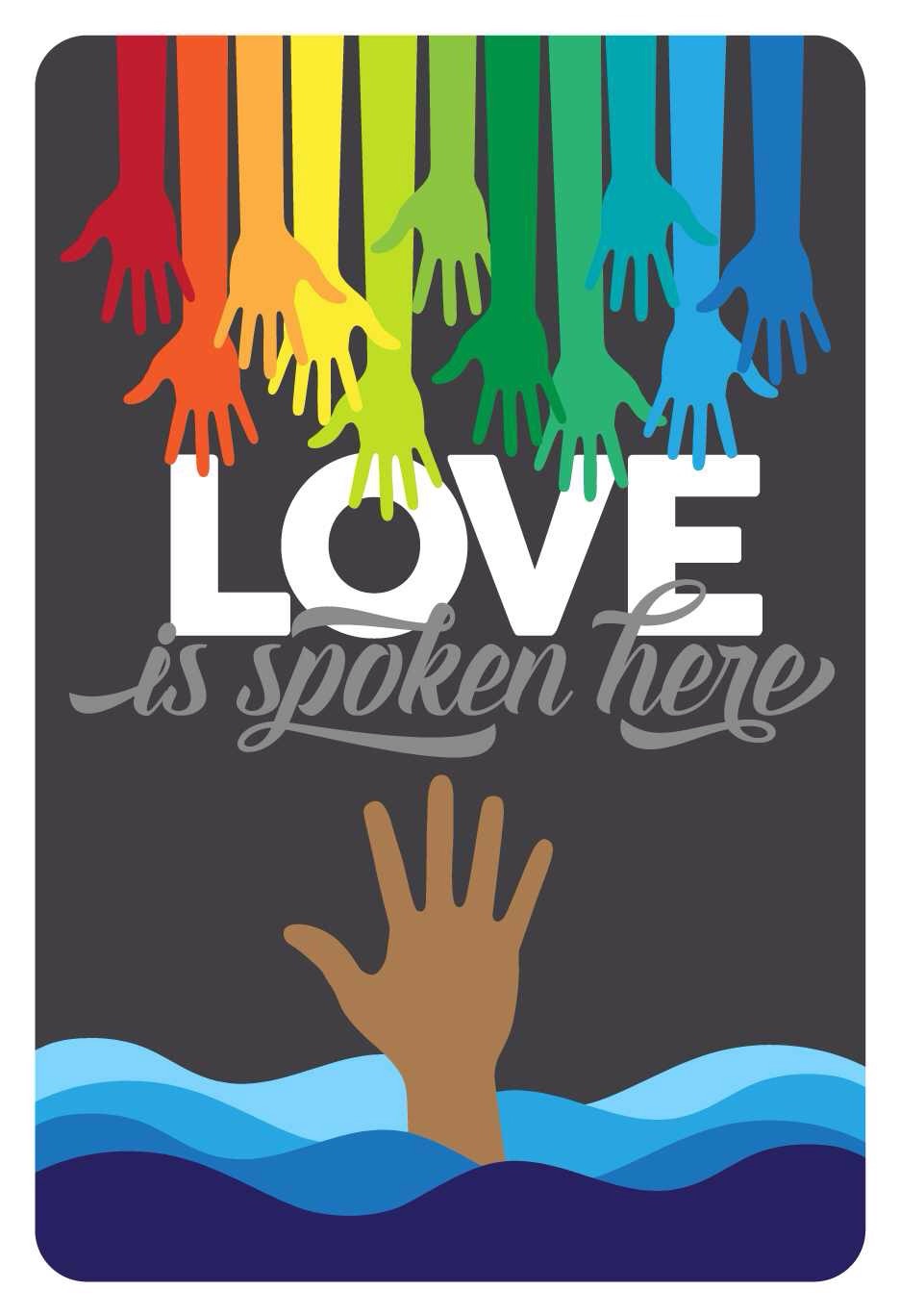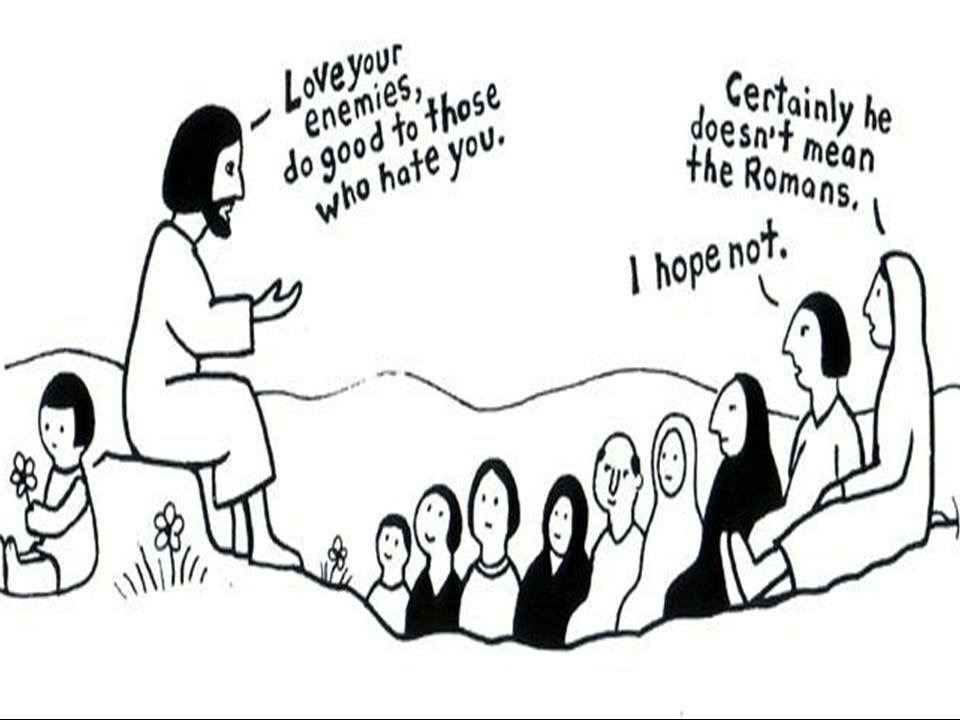For me faith is what an earlier Paul said it is. The substance of things hoped for; the evidence of things not seen. It transcends empirical knowledge. And because what humanity learns by reason and experience is both finite and fallible, it may even contradict such knowledge. [Where this happens,] I feel no compulsion to choose between them, unless it becomes necessary to act. [Many issues that have strained relationships between Latter-day Saints] do not require resolution. For pragmatic and doctrinal reasons I believe in suspending judgment in such cases.
I am, in short, a Latter-day Saint who believes the gospel is true, but who has an imperfect and evolving understanding of what the gospel is.
My testimony will, I suppose, be of most interest to people like me. People for whom neither dogmatic fundamentalism nor dogmatic humanism provides convincing answers to life’s most basic questions.
The pillars of my faith are two. Two articles of faith defined by the prophet and founder of my church and an interpretive principle provided by one of the founding fathers of my country….first: ”we believe in God the Eternal Father, and in His Son, Jesus Christ, and in the Holy Ghost". The 9th article affirms “we believe all that God has revealed, all that He does now reveal, and we believe that He will yet reveal many great and important things pertaining to the kingdom of God”
James Madison cautioned: “When the Almighty Himself condescends to address mankind in their own language, His meaning, luminous as it must be, is rendered dim and doubtful by the cloudy medium through which it is communicated.”
Because I believe, with Madison, that everyone, including Paul and the other prophets, saw eternity, or sees eternity through a glass darkly, prophetic infallibility, scriptural inerrancy, and unquestioning obedience are not elements in my faith.
I believe in Heavenly parents who care about me, but who will not, perhaps cannot, compel me to obey. I have hope in Christ. And I have drawn strength from the comforter of which he spoke.
I see history in terms of human strivings to discover divine realities and follow divine principles. Flashes of prophetic insight have elevated those efforts, and Jesus of Nazareth in his life, death, and resurrection uniquely embodied those realities.
Joseph Smith, a prophet like Moses, Peter, and Alma, gave inspiration and momentum to the gospel dispensation in which, as I've written earlier, I find answers to enough important questions to live purposefully without answers to the rest.
In the Church of Jesus Christ of Latter-day Saints I have found ideas, opportunities and challenges around which I have organized my life. Next to my family, my church is the most important component of that life. I am proud of its contributions to bettering the human condition and grateful to its contributions to my own. If I were in charge of the church I would make some changes. Since I am not, I must be patient, but I need not be passive.
As a historian, I know that changes have occurred and the 9th article of faith assures me that they will yet occur...
God Has No Grandchildren
13 hours ago






















